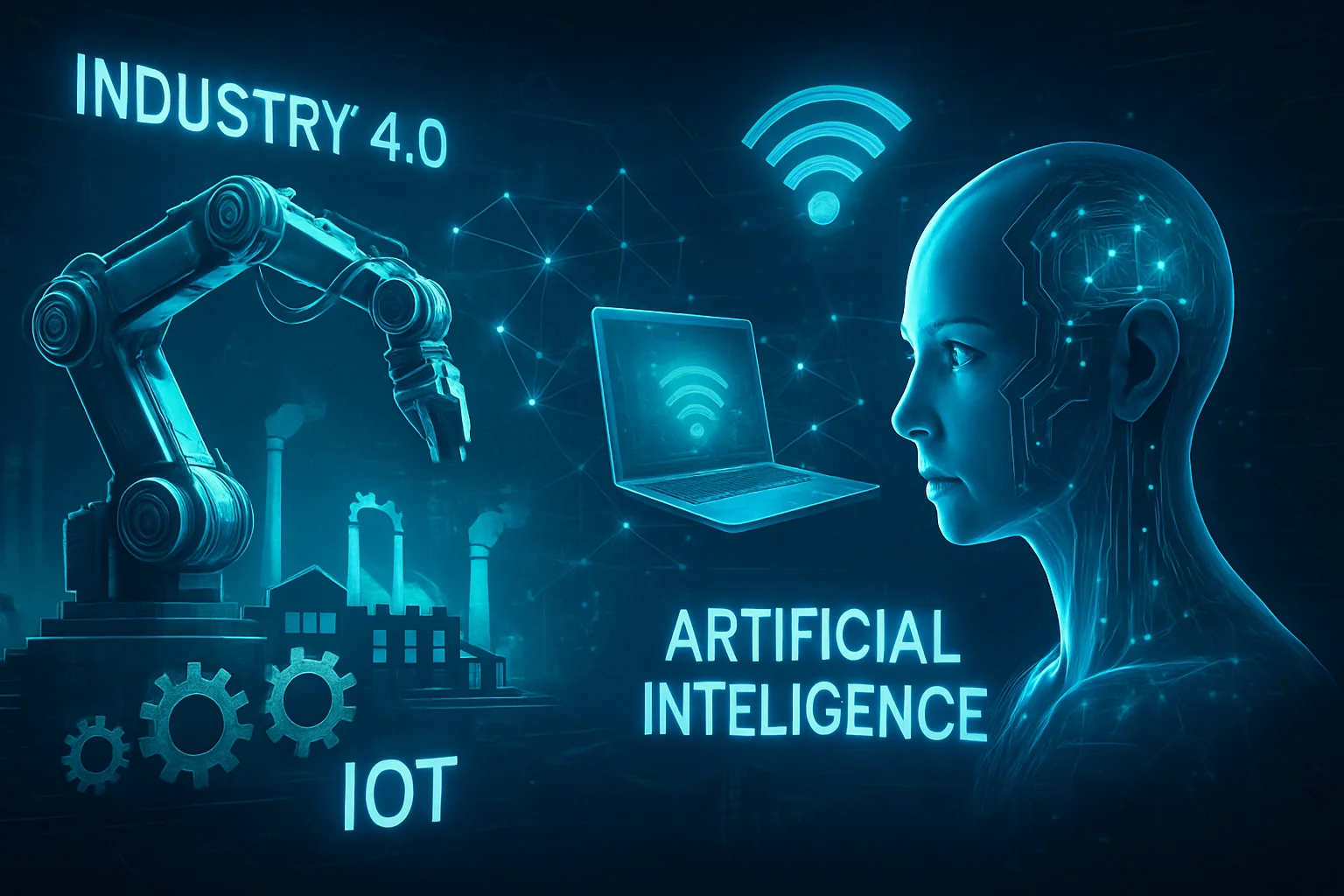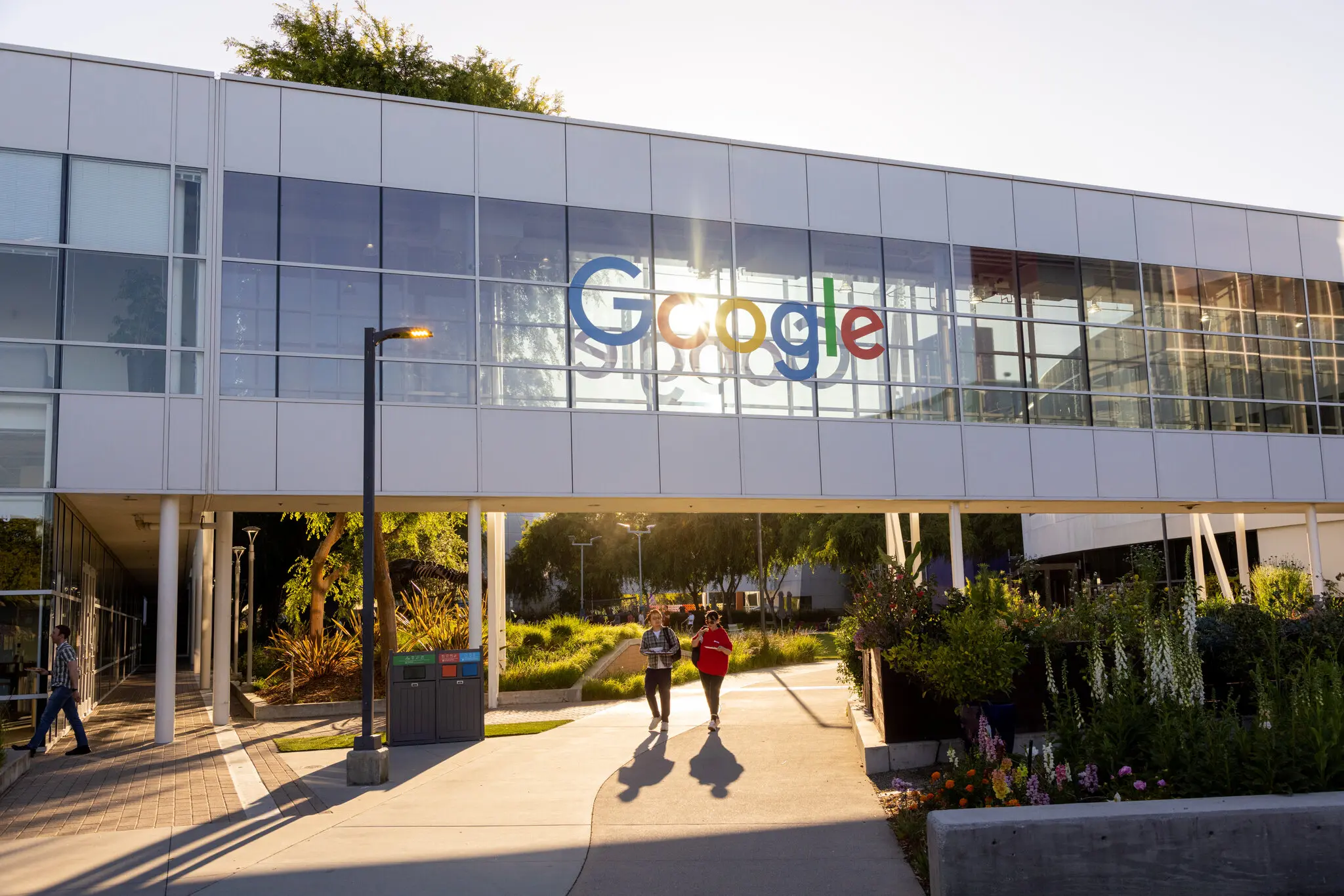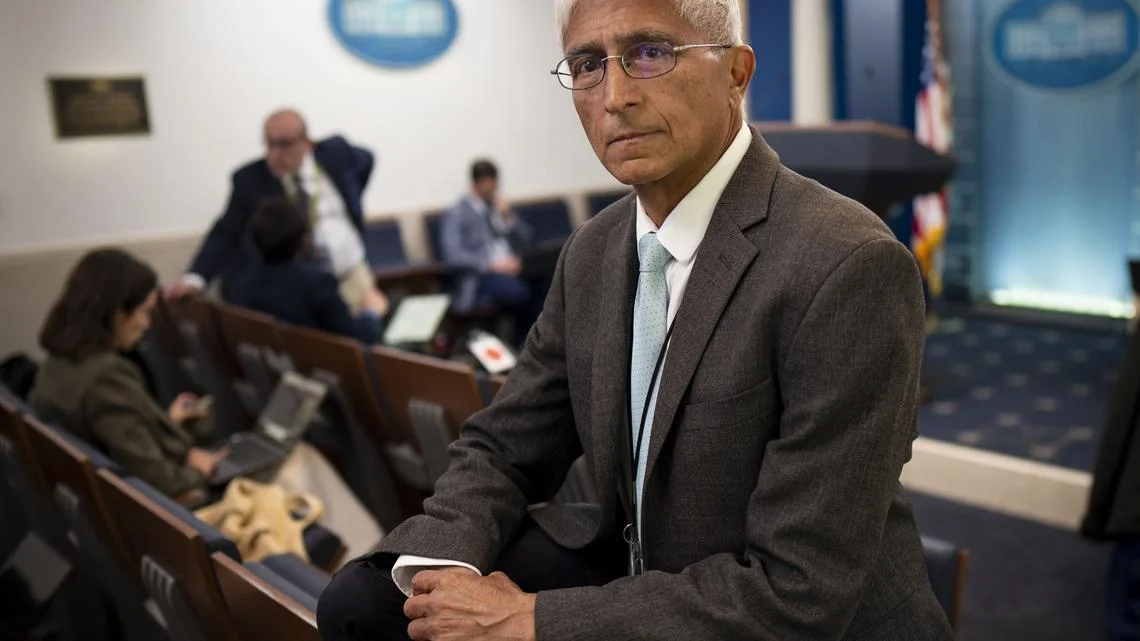Introduction: Peter Thiel and the Modern Crisis
26.06.2025
Peter Thiel, co-founder of PayPal and Palantir, is a leading figure in Silicon Valley and one of the few outspoken conservative intellectuals in tech. In a recent discussion with Ross Douthat on “Interesting Times,” Thiel elaborates on his views around stagnation, technological progress, the role of politics, and the future of humanity.
The Stagnation Thesis: Are We Still Stuck?
Thiel reaffirms his belief that Western society has entered a phase of technological stagnation. While acknowledging progress in digital realms such as AI and crypto, he contrasts it with the high-velocity advancements from 1750 to 1970. “We’re not completely stuck, but the speed of innovation has slowed dramatically,” he argues.
Measuring Progress: Subjective vs. Objective
Determining stagnation is difficult, Thiel says, because of hyperspecialization in modern academia and research. Progress in string theory, cancer treatment, or quantum computing is hard to quantify, making public perception increasingly skeptical.
The Built Environment: A Tangible Indicator
Thiel uses the visual continuity of cityscapes from 1985 to 2025 to highlight stagnation. Unlike the transformative changes between 1890 and 1970, today’s environment feels familiar and unchanged. This, he says, supports the common-sense intuition that we’re not advancing rapidly.
Cultural Resistance to Growth
Discussing Western fears around growth—environmental, nuclear, or otherwise—Thiel contends that avoiding growth results in societal unraveling. “The middle class is defined by the expectation that children will do better than their parents,” he notes. Without growth, that expectation collapses.
Risk-Taking: The Missing Ingredient
Thiel believes we need to accept more risk to escape decadence, particularly in medicine and science. Citing the stagnation in Alzheimer’s research, he advocates for more aggressive experimentation and regulatory flexibility.
Populism as Disruption
Thiel explains his political alignment with Trump as an attempt to challenge the dominant stagnation. While he admits disappointment in what was actually achieved, he appreciates that the conversation about American decline is now mainstream.
Silicon Valley’s Pivot
Many in tech, including Elon Musk and other former liberals, have shifted ideologically, according to Thiel. Repeated failures in progressive policies have led some to explore alternatives, not out of loyalty to Trump but as a reaction to dysfunction.
Politics and Its Toxicity
Despite his influence, Thiel expresses ambivalence about political engagement. He calls politics “toxic” and a “zero-sum game,” and recalls conversations with Musk about the impossibility of escaping governmental overreach, even on Mars.
The A.I. Question: Hope or Hype?
Thiel places AI on par with the internet of the late 1990s: significant, but not society-transforming. While he acknowledges its potential, he laments that it’s the only area showing promise today.
Limitations of Intelligence
He critiques the belief that intelligence alone can solve our problems, noting societal and cultural constraints. “Maybe it’s not IQ but conformity that’s the issue,” he says, implying that smart individuals within rigid institutions are unlikely to innovate.
A.I. as a New Form of Stagnation?
There is a danger, Thiel warns, that AI could reinforce conformity and create “infinite OK ideas,” deepening societal stagnation rather than solving it. However, he still considers AI better than “nothing happening at all.”
Transhumanism and the Soul
Thiel discusses the limitations of current transhumanist ambitions, calling them “pathetically little.” He contrasts this with Christian visions of full spiritual and physical transformation, suggesting that future progress must be as much about the soul as the body.
Conclusion: Facing the Future
Peter Thiel remains a paradoxical figure—pessimistic about present stagnation but hopeful about the possibility of disruptive change. Whether through AI, politics, or radical science, he insists that bold risk-taking is essential to avoid a permanently stalled civilization.




